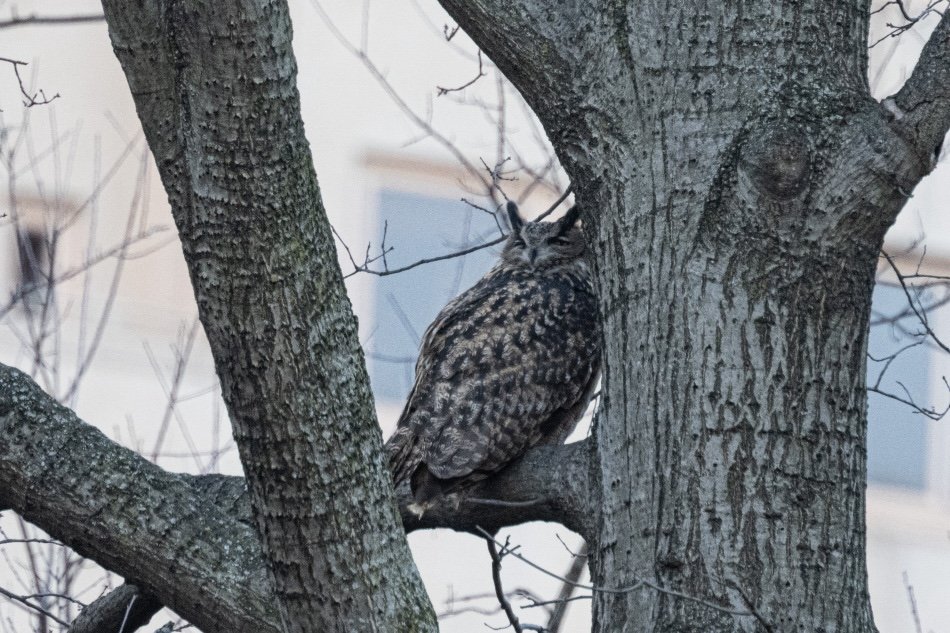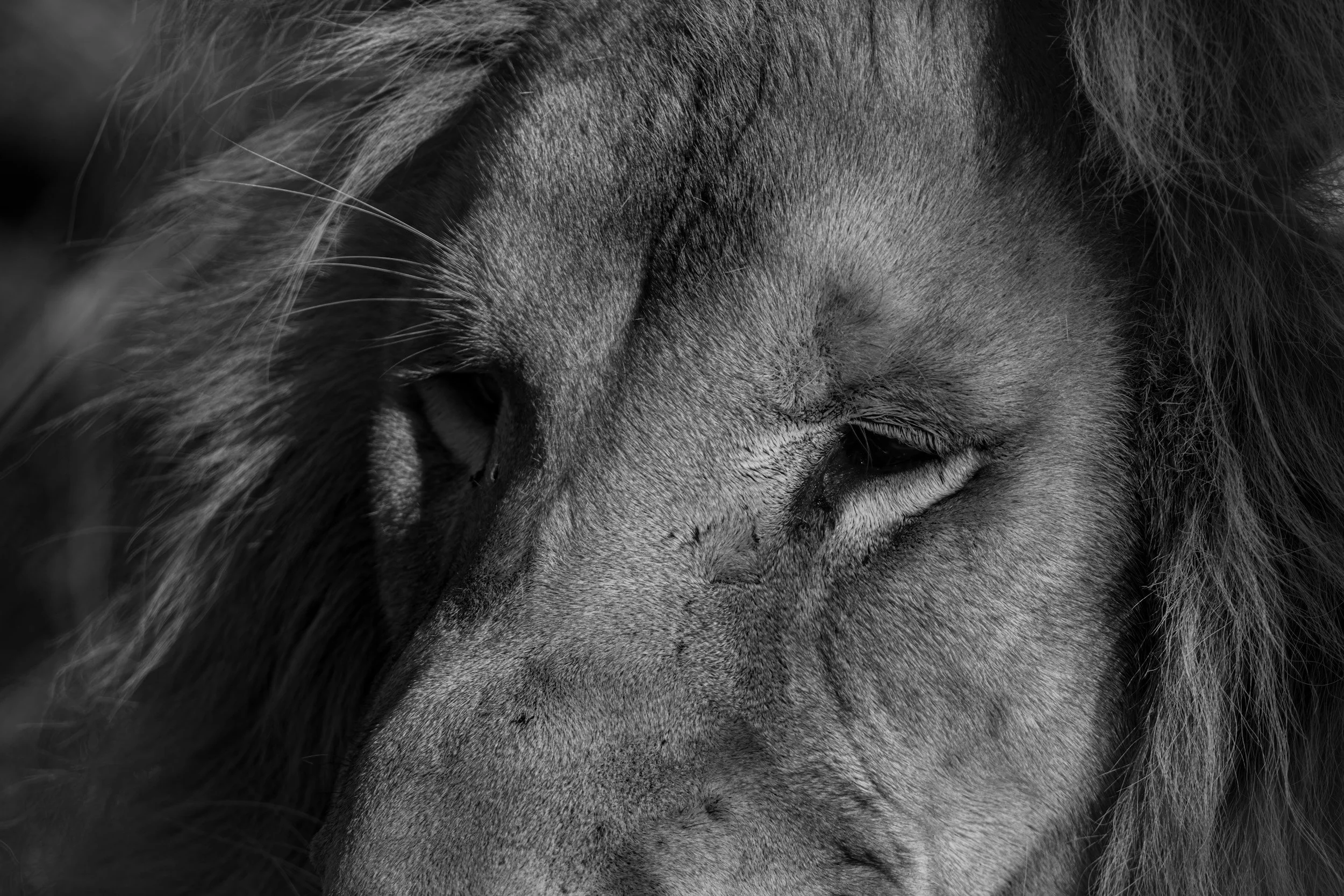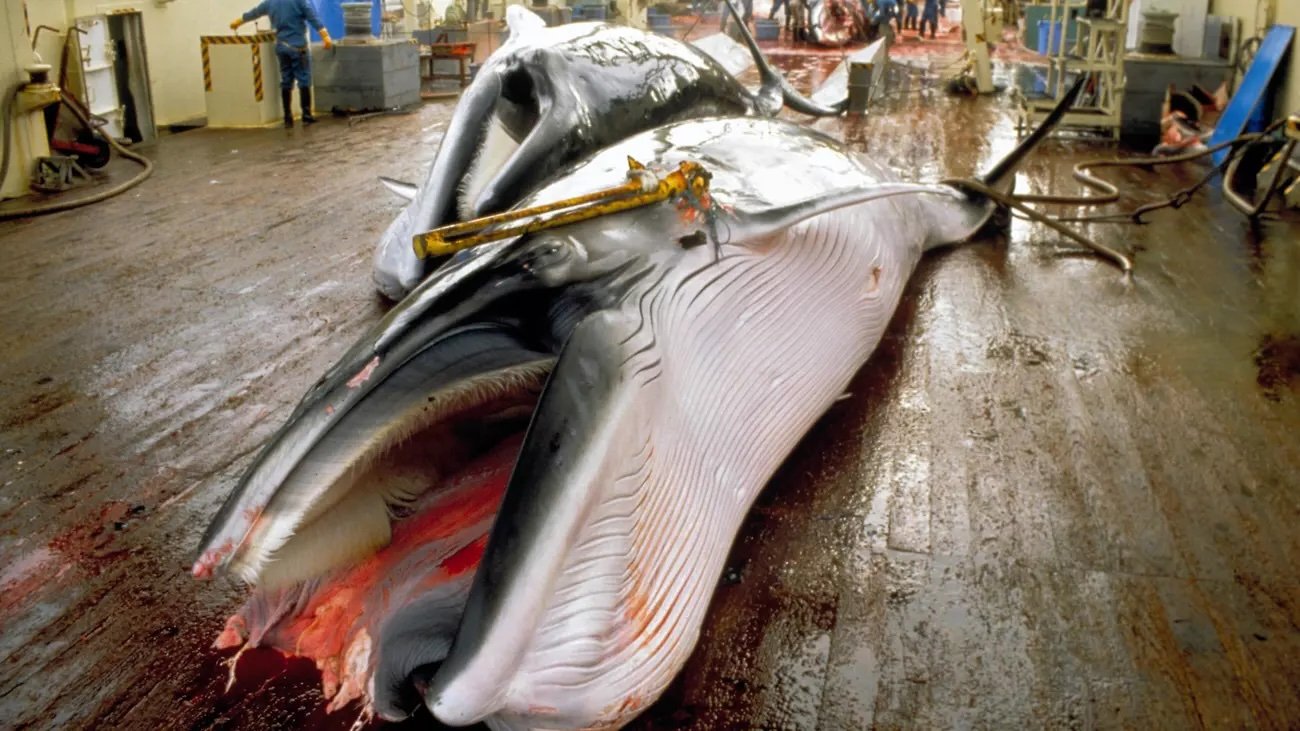New York City’s Beloved Owl Flaco Has Died, Prompting Calls for Stronger Bird Protections
The Eurasian eagle owl named Flaco, who escaped New York City's Central Park Zoo last year and became a beacon of hope for many, has died after striking an apartment building.
Credit: Julie Larsen Maher/Wildlife Conservation Society
Flaco, a beloved Eurasian eagle owl who gained global attention after escaping from New York City’s Central Park Zoo and evading capture last year has died from colliding into a building in Manhattan, officials report.
“We are saddened to report that Flaco, the Eurasian eagle owl discovered missing from the Central Park Zoo after his exhibit was vandalized just over a year ago, is dead after an apparent collision with a building on West 89th Street in Manhattan,” the Wildlife Conservation Society, a nonprofit that manages the zoo, said in a press release on Friday.
The famous bird spent the first 12 years of his life in captivity in the zoo until a still-unidentified individual freed him. Initially, the zoo attempted to recapture him, claiming that the bird would likely not survive in the wild. However, Flaco went on to defy all expectations and became a much-loved character across the city, perching on fire escapes and peeking through windows.
"Everyone was connected with that bird and he was a fabulous ambassador. Just inspiring with his own life," said Rita McMahon, the director of Wild Bird Fund.
Flaco’s story became a symbol of freedom and resilience, his piercing orange eyes a powerful sight for many New Yorkers. His death prompted a swell of love and grief, with mourners gathering around his favorite oak tree in Central Park to say goodbye to the beloved bird who, amid the city’s concrete jungle, connected people to nature and wildlife.
“With all of this challenging time that is happening all over the world, this bird really became a symbol of hope and brought so many of us together,” said Breanne Delgado at the gathering.
New York Times contributing Opinion writer, Margaret Renkl, emphasized one of the most important lessons Flaco can teach us: “Wild animals are not our enemies. They are our neighbors. Every owl is Flaco. Looked at through the lens of biodiversity loss, every toad and rabbit and squirrel and fox and coyote and goldfinch and cricket and lacewing and roly-poly — they could all be Flaco. We just need to learn to love them the way we loved him.”
“Every toad and rabbit and squirrel and fox and coyote and goldfinch and cricket and lacewing and roly-poly — they could all be Flaco. We just need to learn to love them the way we loved him.”
Credit: Steven M. Bellovin/CC BY-NC-ND 4.0
Reducing Human-Wildlife Conflict
Flaco died on Friday, February 23 after apparently hitting a building on the Upper West Side. Although initial findings support that he died due to traumatic impact injuries, further tests are being conducted to find out if any other factors contributed to his death.
The Central Park Zoo said in a statement this process will include “microscopic examination of tissue samples; toxicology tests to evaluate potential exposures to rodenticides or other toxins; and testing for infectious diseases such as West Nile Virus and Avian Influenza.”
His story has the all-too-familiar ending of countless birds across America’s cities, with up to two billion birds perishing from window collisions every year. Around a quarter of a million occur in New York City alone.
In honor of Flaco’s memory, lawmakers are now pushing two pieces of legislation to help protect birds in New York. One of the bills, the Bird Safe Buildings Act, has been renamed the FLACO Act, an acronym for the "Feathered Lives Also Count" Act. If passed, any new or significantly altered state buildings must incorporate bird-friendly designs, particularly in their windows.
The other bill, the Dark Skies Protection Act, aims to reduce light pollution in New York City. In 2021, the city passed a law that required city-owned buildings to turn off their lights at night during the busy bird migration months of April and mid-May. The DSP Act wants to extend that legislation to cover commercial buildings. A Chicago study discovered that turning off half the lights in large buildings can lead to a six to eleven fold reduction in collisions.
"I’m gutted at the death of Flaco the owl, who delighted countless New Yorkers through his presence in Central Park," Senator Brad Hoylman-Sigal said in a statement. "His death after apparently striking a glass window pane raises the importance of our passing common-sense laws to help stop preventable window strikes, which kill millions of birds, like Flaco, each year.
“By renaming our legislation to require state-owned buildings to incorporate bird friendly designs, we’ll not only honor this magnificent creature, but hopefully inspire our legislative colleagues to pass both the FLACO Act and the Dark Skies Protection Act," he added.
Jessica Wilson, Executive Director of NYC Audubon, a grassroots community that works for the protection of wild birds and habitats, said, "Birds are a critical part of a healthy ecosystem, and birds like Flaco remind us of the magic of these animals. The simple acts of turning lights off at night, and making windows safer for birds, will ensure a better environment for birds and for people."
Species Unite founder Elizabeth recently sat down with ecologist and author Carl Safina to discuss his most recent book, Alife and Me: What Owls Know, What Humans Believe. It’s about rescuing a baby owl, watching her grow up and what he learned from her and himself in the process. And, it's about our relationship with nature and the beauty and the magic that surrounds us. Listen to the full podcast episode here.
We Have A Favor To Ask…
Species Unite amplifies well-researched solutions to some of the most abusive animal industries operating today.
At this crucial moment, with worldwide momentum for change building, it’s vital we share these animal-free solutions with the world - and we need your help.
We’re a nonprofit, and so to keep sharing these solutions, we’re relying on you - with your support, we can continue our essential work in growing a powerful community of animal advocates this year.





